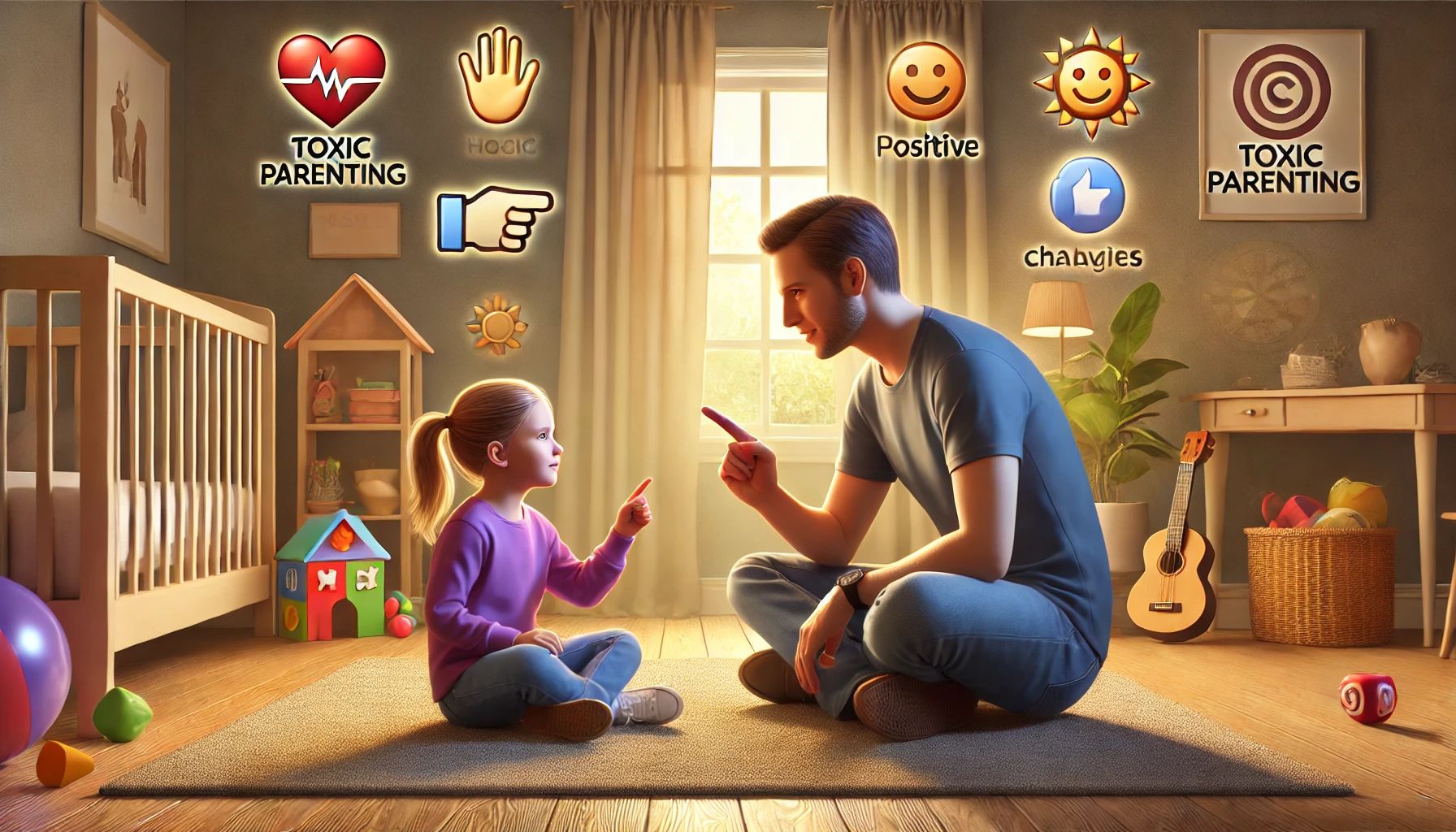
Toxic Parenting: Recognizing Harmful Patterns and Making Positive Changes
Giving children complete freedom might seem beneficial, but it can lead to future suffering. "Toxic" parents unwittingly harm their children despite their best intentions. Recognizing these behaviors is crucial for adjusting parenting approaches and fostering healthy development.
Manipulation as Control Parents who manipulate their children for personal gain inflict emotional trauma. Such tactics undermine a child's autonomy, fostering dependence and weakening their resolve.
Losing Temper Verbal aggression, fueled by fatigue or stress, damages self-esteem profoundly. Words like "stupid" or "idiot" erode a child's sense of worth and security.
Assumed Love Neglecting to express love and affection breeds emotional deprivation and disrupts healthy relationship dynamics. Children need consistent reassurance and nurturing to thrive emotionally.
Ignoring Emotions Disregarding a child's feelings stifles communication and fosters secrecy. Open dialogue builds trust and allows children to share their innermost thoughts without fear.
Disapproval of Friends Criticizing a child's friends can lead to rebellion. Accepting a child's choices fosters trust and allows them to develop their own identity.
Imposing Career Choices Imposing career expectations without considering a child's interests and abilities sets unrealistic goals. Supporting a child's passions nurtures their individuality and happiness.
Inconsistency Preaching values while acting contrary confuses children. Modeling desired behavior is essential for instilling positive values and integrity.
Excessive Demands Pressuring children for academic perfection can lead to anxiety and resentment. Encouraging effort and resilience cultivates a healthy attitude towards learning.
Overprotection Shielding children from life's challenges hampers their ability to develop independence and problem-solving skills. Gradual exposure to life's realities prepares them for adulthood.
Unhealthy Habits Allowing unhealthy eating or drinking habits sets dangerous precedents. Promoting a balanced lifestyle teaches children self-care and responsibility.
Facing Reality and Embracing Change
Recognizing and rectifying toxic parenting behaviors requires humility and openness to criticism. Parents must acknowledge their imperfections and strive to create a nurturing environment where children can flourish emotionally and socially.
By fostering mutual respect, open communication, and genuine care, parents can lay a foundation for their children's healthy growth and development.


